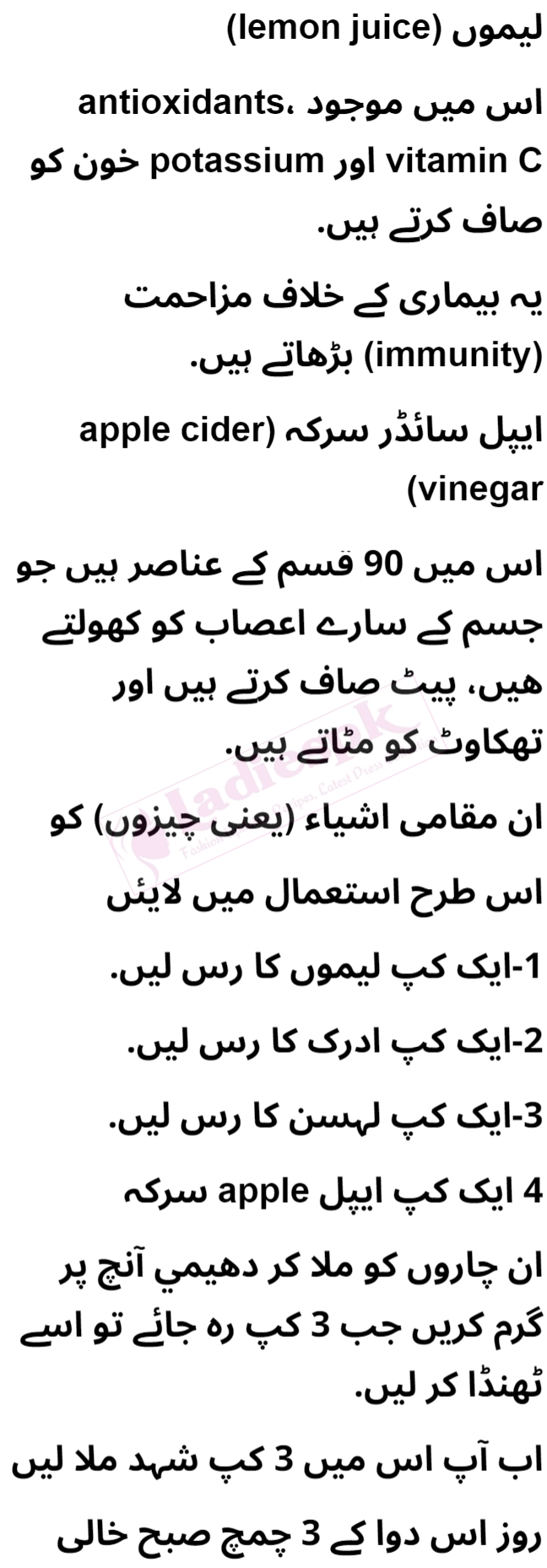Introduction
Embark on a journey to understand and manage cholesterol for a healthier heart. This comprehensive guide explores the intricacies of cholesterol, emphasizing the balance between good and bad cholesterol for optimal heart health.
Understanding Cholesterol
Demystify the concept of cholesterol and its role in the body. Understand the types of cholesterol and their functions.
Differentiating Between Good and Bad Cholesterol
Explore the distinction between HDL (good) and LDL (bad) cholesterol. Understand how these different types impact heart health.
The Role of Cholesterol in Heart Health
Delve into the critical role cholesterol plays in heart health. Recognize its importance in various bodily functions.
The Importance of Balancing Cholesterol Levels
Highlight the significance of maintaining a balance between good and bad cholesterol levels. Achieving this balance is crucial for heart health.




Factors Influencing Cholesterol Levels
Understand the various factors that influence cholesterol levels. From genetics to lifestyle choices, these factors play a role in cholesterol management.
Lifestyle Changes for Healthy Cholesterol
Explore lifestyle modifications that contribute to healthy cholesterol levels. Small changes can have a significant impact on overall heart health.
Heart-Healthy Diet: A Crucial Component
Dive into the principles of a heart-healthy diet. Learn about the dietary choices that promote good cholesterol and mitigate the effects of bad cholesterol.
Foods to Increase Good Cholesterol
Identify foods that boost HDL cholesterol. Incorporate these into your diet to enhance heart health.
Foods to Limit or Avoid
Discover the foods that contribute to elevated LDL cholesterol. Learn to limit or avoid these for better cholesterol management.
The Impact of Exercise on Cholesterol
Uncover the positive effects of regular exercise on cholesterol levels. Find enjoyable activities that promote heart health.
Stress Management for Heart Health
Explore stress management techniques to reduce the impact of stress on cholesterol levels. A calm mind contributes to a healthy heart.
Quitting Smoking: A Positive Shift
Understand the detrimental effects of smoking on cholesterol levels. Embrace the journey to quit smoking for improved heart health.
Regular Health Checkups and Monitoring
Highlight the importance of regular health checkups and cholesterol monitoring. Early detection allows for timely interventions.
Medications for Cholesterol Management
Explore medications prescribed for cholesterol management. Understand their role and potential side effects.
Natural Remedies to Support Cholesterol Balance
Discover natural remedies that complement cholesterol management. From herbal supplements to specific foods, nature offers supportive solutions.
FAQs
Q: Can cholesterol levels be managed through diet alone?
A: While diet plays a crucial role, other factors like genetics and lifestyle also influence cholesterol levels. Consultation with a healthcare professional is advisable.
Q: Is all cholesterol bad for the heart?
A: No, cholesterol is essential for various bodily functions. It’s the balance between HDL and LDL cholesterol that is crucial for heart health.
Q: Can regular exercise compensate for a poor diet in cholesterol management?
A: Regular exercise contributes to overall heart health, but a balanced diet is essential for effective cholesterol management.
Q: How often should cholesterol levels be checked?
A: Guidelines recommend checking cholesterol levels at least once every four to six years for adults. However, individual risk factors may necessitate more frequent checks.
Q: Are there natural remedies to lower cholesterol?
A: Yes, certain foods, supplements, and lifestyle changes can help support healthy cholesterol levels. It’s essential to incorporate these under guidance.
Q: Can genetics determine cholesterol levels?
A: Genetics can influence cholesterol levels. Individuals with a family history of high cholesterol may be at a higher risk and should monitor levels regularly.
Conclusion
Empower yourself with knowledge and practical strategies to balance cholesterol for a healthier heart. From dietary choices to lifestyle modifications, these steps contribute to a heart-healthy life.







